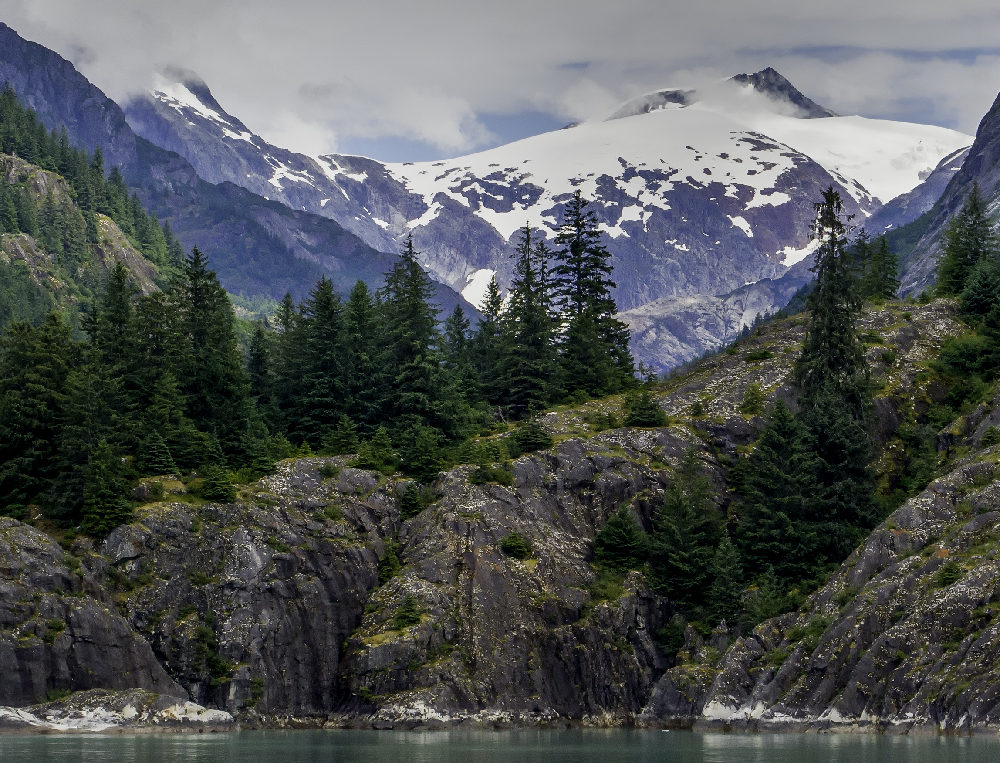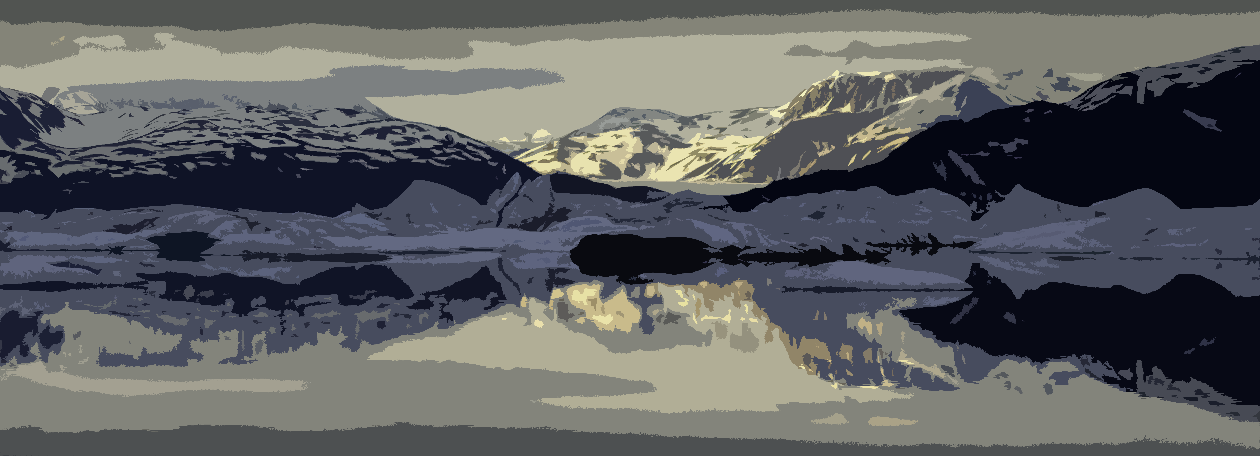“What makes an area worthy of wilderness status?”
I hear designated wilderness described with terms like inspirational, peaceful, awe inspiring, and reflective. People value wilderness as a place to escape the pressures of everyday life and come back to it refreshed. So, should we choose our next wilderness area based on these characteristics? I say no.
People go to visit national parks and designated wilderness areas like they visit a zoo.Although you can’t see it like you can in the eyes of a caged tiger in a zoo, the true nature of wilderness is glazed over and lost to the modern day observer. True wilderness is not a scenic pull out on a highway. True wilderness is a harsh, unforgiving adversary that demands respect.
Wilderness has always dominated our civilization. Humanity feared the wild places. From the earliest time of humans we have pushed back against the wilderness. That struggle has shaped our human existence. We are a social creature because we learned that collaboration worked best to provide protection from the surrounding dangers- dangers that were predominantly from the natural world around us. Cities were built to provide protection for the civilized world from it surroundings, both human and natural. Animals that were not tamed lived in the lands where the wild things are- literally this what wilderness means – it is the land where the untamed beast live. As we grew into nation- states, we set out to explore an unknown world. We discovered new lands and slowly mapped the world. We did this with armies of conquest with weapons because the unknown was dangerous.
When the United States expanded westward, the West was conquered as though it were an adversary. The wilderness that our ancestors lived in challenged us. It motivated us and created a backdrop by which we discovered ourselves in the struggle to exist. It is only in the last century that the final corners of the world have been touched. We have been to the top of the highest mountain, reached both poles, and we have even left our own planet. Where once there was an unknown world full of awe and mystery, we now can explore the world with google while sitting in our own living rooms. There may be a price to pay for that and it may get expensive.
Humanity has always been challenged in the struggle with nature. It is in that challenge that revelations are gleaned from wilderness. Wilderness has always been a spiritual testing ground. The search inward often begins with a journey outward, and into, wilderness. Often that journey is formalized by society in a “rite of passage,” a ritual that has as its reward the recognition from your peers of overcoming hardships. Many “Rites of Passage“ are anachronisms from a time when wilderness was feared as an adversary to conquer. The wilderness of our ancestors handed out life and death with much more regularity.Tribal cultures used “rites of passage” to graduate youth into adults. Primitive man often created rites of passage to test boys before they achieved the status of men. Often these rituals involved forays into the wilderness with real danger. These rituals were often done in solitude to isolate the applicants confrontation with wilderness.
Many of the worlds religions have had encounters with nature that are a defining attribute of their message.The most notable rite is the Islamic Hajj from Mecca to Medina. In early times, the force of wilderness was a prominent element of the Hajj and many died attempting it. Christianity begins with a conflict in the the world’s first designated wilderness area called the “garden of eden.” Humans are banished from a perfect natural world for a character flaw. Nature has baptismal powers.The Israelites were banished to the “wilderness” for 40 years before they were deemed worthy enough to enter the promised land. The philosophy of Zen Buddhism is grounded in the relationship with the natural world around us. Siddhartha, distraught with what he sees in the village, is drawn to the purity and solitude of the forest where he finds revelations. He emerges as Buddha and his teachings became the basis of a religion. Chinese Taoist philosophers draw upon the basic elements found in nature. “Yin” is a passive principle exhibited by the wet, dark, and cold. “Yang” is the principle in nature that is dry, light, and heat. Combined they produce all that comes to be. The basis of most Native American spirituality is animism- a belief that the objects of nature possess souls. This spiritual relationship that Native Americans have with the land, has been put forth as an legal argument in front of the United States Supreme Court seeking to protect wilderness under 1st Amendment rights granting freedom of religion.

The Alaska Wilderness is special. It is our last chance to preserve an ancient relationship between humans and their environment. Alaska wildernesses are an anachronism to our more familiar relationship with the natural world around us. It is a relationship built on respect and fear of the power of wilderness. In the lower 48, pockets of wilderness are surrounded by civilization. In Alaska, pockets of civilization are surrounded by wilderness. 17 of the Nations largest wilderness areas are in Alaska. Traversing Alaskan wilderness is bit like swimming in water over your head for the first time. When you can no longer “touch the bottom of the pool,” you sense that you have been repositioned in the pecking order of the natural world. In Alaska it is still possible to find yourself in a place far from any indication of human existence. When there is no trail, no road, or no visible sign of previous human existence, an epiphany challenges one’s evaluation of their place in the world. This is our traditional relationship with nature. It is one where we were equals at best.
Would the wilderness of today’s world have the character to challenge us to reach such spiritual revelations? George Lucas imagined in his Star Wars movies the extremes – a world where entire planets were cities. A place where nature has been completely eradicated. Could we really live in a future like that? In the end Lucas sees the all natural forest world of the Ewoks defeating the evil empire.
Today new discoveries in medicine are being discovered in the rare and new plants of the tropical rainforest. The destruction of the rainforest could also mean the loss of a undiscovered plant that could cure cancer. Could the loss of the last truly wild places of Alaska also mean the loss of a spiritual testing ground that defines true wilderness? Could we lose a revelation that could have only come from a synthesis with nature that could have guided our society forward? Would we ever know what we lost?
Whether it be the land, or the spiritual landscape, wilderness has the power to carve new destinies and recreate the course of life. Lets value our wilderness area based on its ability to challenge our place in the world. Lets realize that Alaskan wilderness is valuable anachronism that we will need to struggle to preserve. And lastly realize that our generation has been positioned at a unique time in the history of this planet to make some big decisions. I hope our children’s children will judge us wise in our choices.
